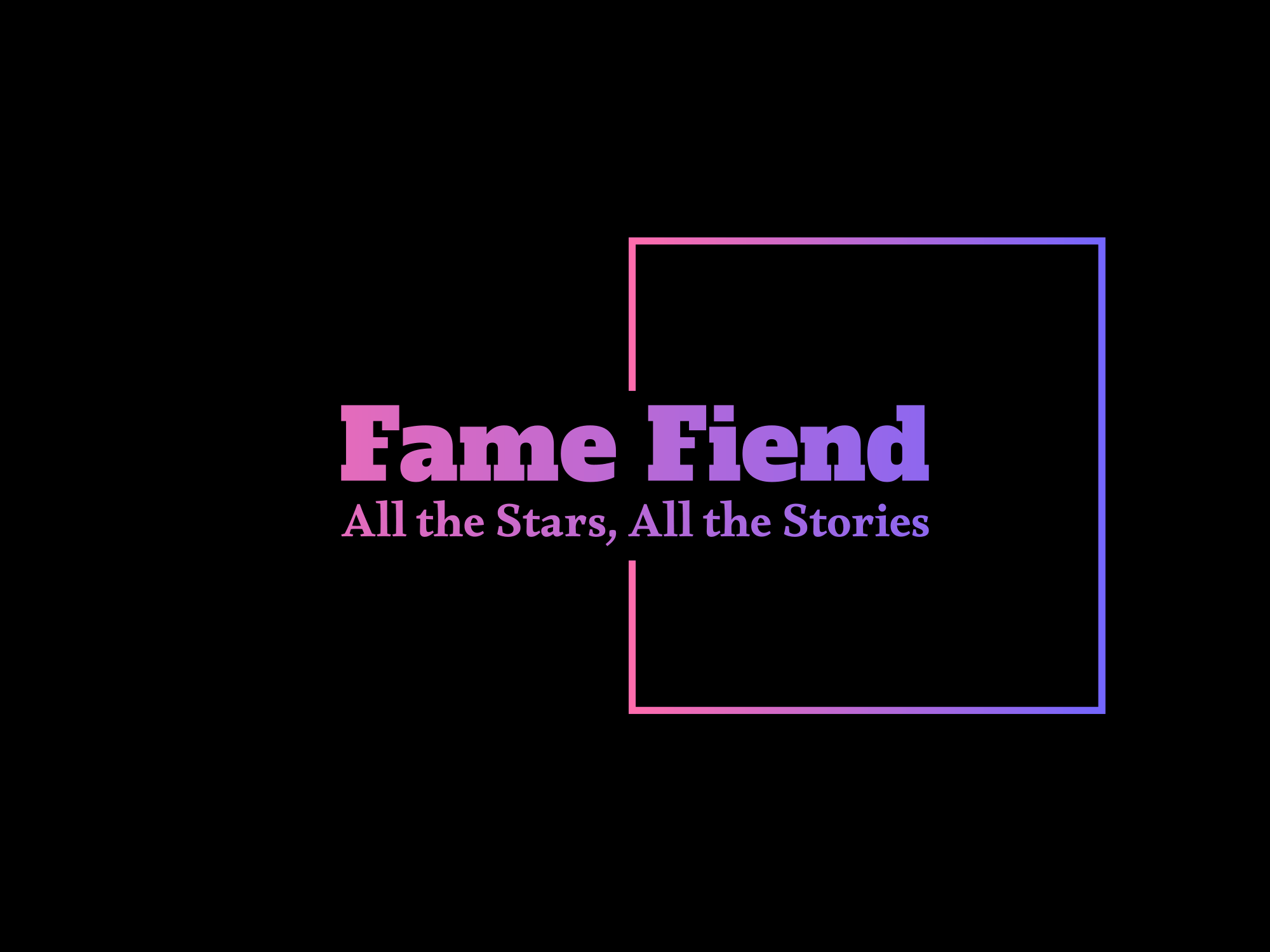Thousands of musicians, composers, actors and authors from across the creative industries, including ABBA’s Björn Ulvaeus, all five members of Radiohead and The Cure’s Robert Smith, have signed a statement opposing artificial intelligence companies and developers using their work without a license for training generative AI systems.
Signatories also include all three major record labels — Universal Music Group, Sony Music Entertainment and Warner Music Group — as well as a wide range of music trade organizations representing record labels, publishers and creators from the U.S., Canada, Australia, France, Germany, Spain, Austria, Mexico, the U.K., Ireland, Sweden and Brazil.
“The unlicensed use of creative works for training generative AI is a major, unjust threat to the livelihoods of the people behind those works, and must not be permitted,” reads the single-sentence statement posted at aitrainingstatement.org.
Within several hours of going live on Tuesday (Oct. 22), the statement had been signed by more 11,500 people from across the creative arts, including actors Kevin Bacon, Sean Astin and Rosario Dawson; authors James Patterson, Ian Rankin, Ann Patchett and Kate Mosse; and music artists Billy Bragg, Max Richter and Norwegian singer-songwriter Aurora.
The global campaign was conceived and organized by Ed Newton-Rex, a British composer now based in the U.S., who has formerly held several senior executive roles at AI technology and music companies.
In 2010, Newton-Rex founded Jukedeck, a U.K.-based AI music generation company that provided music for video, TV, radio, podcasts and games. It was acquired by TikTok parent company ByteDance in 2019.
Following the acquisition, Newton-Rex, who is also a choral composer, went on to run ByteDance’s European AI Lab before becoming head of audio at tech firm Stability AI. He quit that role last year in protest of the company’s belief that it is acceptable to use copyrighted work without a license on “fair use” grounds without permission from rights holders.
Newton-Rex tells Billboard that several trade groups are supporting his campaign and helped gather signatories but have not provided funding for the initiative.
The statement comes amid increasing concern from creators and rights holders over how their works are being exploited by AI developers for generative training purposes — and how to rein those tech companies in.
Earlier this year, the three major record companies filed lawsuits against AI music firms Suno and Udio alleging the widespread infringement of copyrighted sound recordings “at an almost unimaginable scale.”
In the U.K., the government is soon to launch a consultation on how to regulate AI technology and is understood to be exploring a scheme that would allow AI companies to legally scrape copyright-protected content from artists and rights holders unless they “opt out.”
Creator groups say that any “opt out” solution would be highly damaging to the music business and would prefer an “opt in” scheme that grants rights holders the ability to approve the use of their works by AI companies.
Tech giants Google and Microsoft are meanwhile calling for the British government to soften the country’s copyright laws for AI firms and introduce an exception for text and data mining of copyrighted works, including music, for commercial purposes. Such a premise was raised by the previous Conservative government in 2022 but was abandoned a year later following strong criticism from musicians and creators.
“Copyright serves to safeguard the value of human creativity, while also driving value in the wider music and creative industries,” said Sophie Jones, chief strategy officer at U.K. labels trade body BPI, one of the organizations supporting Newton-Rex, in a statement. “If the U.K. is to remain a global creative powerhouse in an increasingly competitive world,” she continued, “the government must ensure that it is respected and enforced.”
Those views were echoed by the Association of Independent Music (AIM), which has also signed the statement.
“To achieve the benefits of AI for creativity, we urge policymakers not to lose sight of the need for strong copyright protections,” said AIM interim CEO Gee Davy in a statement on Tuesday (Oct. 22). She added that it was “vital” policymakers protect artists and rights holders “to ensure a healthy future for those who create, invest in and release music across genres and all communities, regions and nations of the U.K.”
Tuesday’s statement is just the latest salvo in the battle between generative AI companies and rights holders. In May, Sony Music released a statement warning more than 700 AI companies not to scrape the company’s copyrighted data, while Warner Music released a similar statement in July. That same month in the U.S. Senate, a bill dubbed the No FAKES Act, which aims to protect creators from AI deepfakes, was introduced by a bipartisan group of senators.

